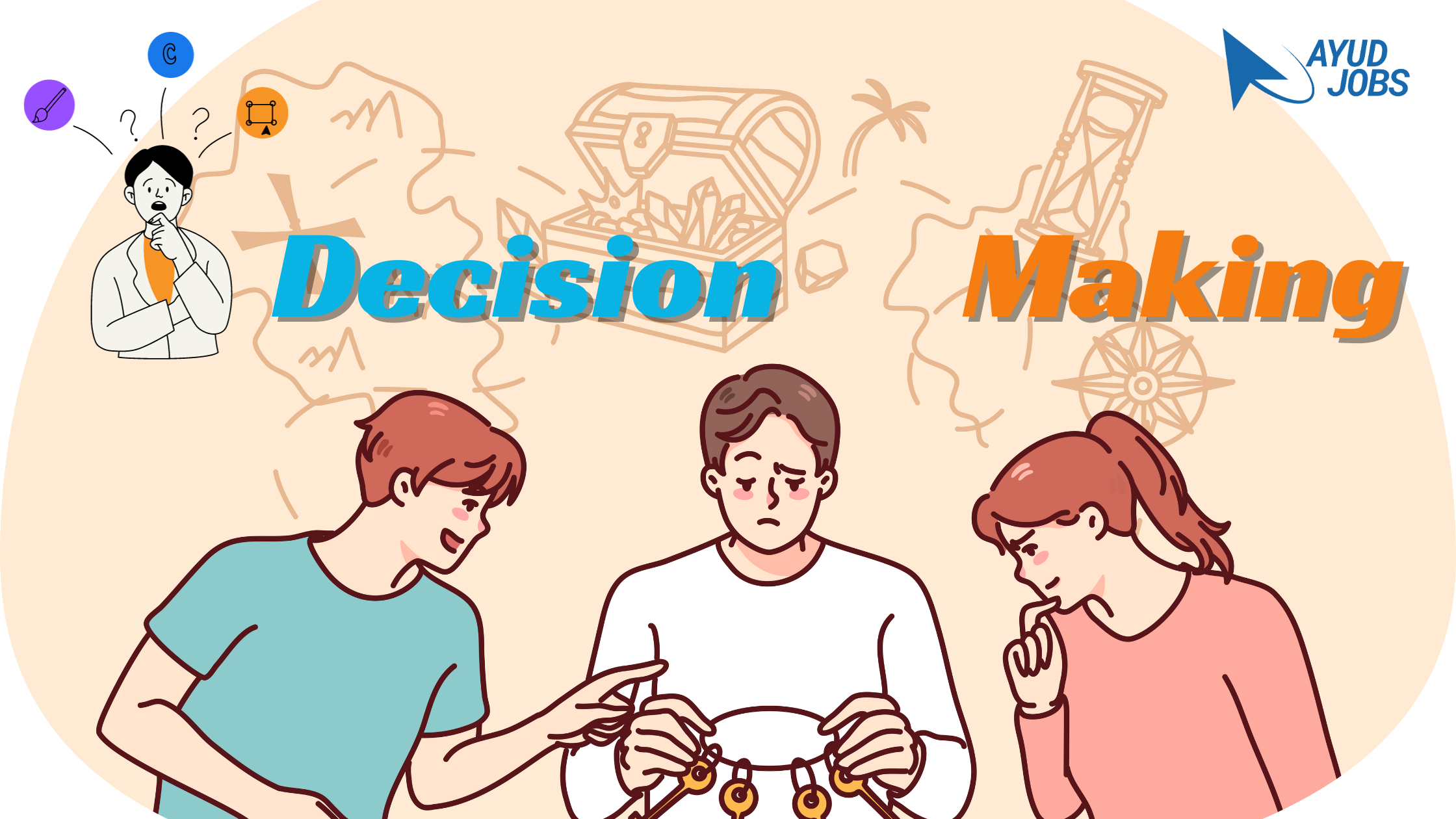Within the the complex fabric of our lives, the choices we make weave the threads that illustrate our journey. Be it in personal relationships, career paths, or even daily activities, the ability to make informed decisions is a skill that has lasting consequences. Grasping how to navigate the complexities of decision making can transform challenges into opportunities, allowing us to live more fulfilling lives.
Every day, we encounter decisions that examine our judgment and shape our futures. Yet, many struggle with the weight of these choices, overwhelmed by fear of failure or the pressure of expectations. By honing the art of smart decision-making, we can reveal insights that lead to greater clarity and confidence. In this discussion delves into proven techniques, psychological insights, and practical tools that can elevate our decision-making prowess, guiding us towards choices that reflect with our true selves and aspirations.
Strategies for Smart Decision-Making
Making wise decisions typically hinges on utilizing a few of critical strategies. One useful method is to utilize the SWOT framework, which entails recognizing strengths, disadvantages, prospects, and threats related to a choice. This systematic approach helps illuminate various dimensions of the choice, allowing you to consider risks against potential advantages. By systematically evaluating these factors, you can cultivate a more complete understanding of the situation and make better decisions.
Another important strategy is the use of decision-making structures, such as the DECIDE framework, which stands for Define the challenge, Determine criteria, Examine the options, Select the top alternative, Develop and implement a plan, and Review the consequences. This structured approach segments the decision-making methodology into easy-to-handle steps, minimizing chaos and allowing you to stay on track on the desired outcome. By adhering to this structure, you can confirm that you are factoring in all relevant aspects and not overlooking crucial information.
Moreover, incorporating thoughtfulness into your decision-making process can greatly improve insight and focus. Mindfulness helps you to stop and reflect before making choices, providing space to evaluate emotions and thoughts objectively. By nurturing a peaceful and attentive mindset, you can dodge hasty decisions driven by stress or outside forces, therefore leading to thoughtful results.
Grasping Choice Psychology
The psychology behind choices is a detailed relationship of thought patterns, affective states, and external factors. Comprehending how our minds work during the decision process is crucial reveal why we commonly struggle to decide. Mental shortcuts, such as self-confirming bias and anchoring, can lead us to lean towards certain information over others, which biases our judgment. Recognizing these prejudices is the starting point in reducing their effects and taking wiser choices.
Another important aspect of decision-making is the influence of feelings. Although often seen as detrimental to logical thinking, emotions can provide valuable perspectives into our wants and beliefs. Emotional intelligence plays a pivotal role here, as people who can identify and control their feelings tend to arrive at more effective choices. This balance between feelings insight and analytical thinking creates a more holistic approach to making choices, permitting individuals to weigh both information and intuitions.
Societal factors also affect our decisions significantly. The yearning for acceptance and conformity can lead us to conform with the opinions of others, sometimes at the cost of our own desires. Understanding the impact of social pressure helps in acknowledging situations where we may be manipulated by group dynamics. By being conscious of these mental influences, we can work to foster a robust decision process that is reflective of our true selves and aligned with our long-term aspirations.
Advancing Choices In Pressure
Formulating determinations under stress can be overwhelming, yet there are methods that can help simplify decision-making. An useful approach is to split the choice into individual components, enabling you to assess factors individually instead of becoming swayed due to the entire situation. Such https://telegra.ph/Decisions-Choices-Unleashing-Your-Inner-Decision-Maker-04-30 can clarify priorities and assist you to focus on the essential elements, resulting in better choices even in stressful moments.

One more critical strategy is to practice mindfulness. Staying present can help lower worry and enhance mental clarity. Methods such as breath control or brief mindfulness practices can calm the mind, enabling clearer decisions. Through conditioning yourself to stay focused, you can more easily reach your inner guidance and logic, making it easier to navigate challenging options.
Finally, creating a collection of structured approaches can facilitate in quick, smart decisions under pressure. Become acquainted with tools like SWOT analysis which give structured methods to evaluate options efficiently. Such readiness not just streamlines decision-making while also builds self-assurance, allowing you to make decisions with more confidence during stress mounts.
